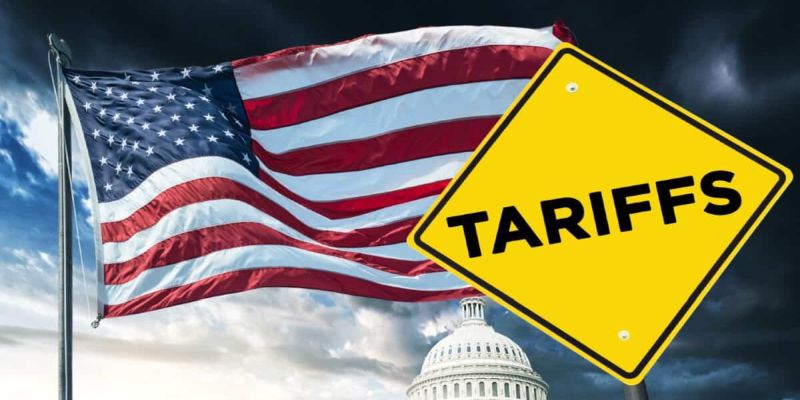Economic Risks of the Changing US Policies

President Trump's stunning move to announce a 90-day pause for non-retaliating countries sent stocks into a historic rally. The S&P 500 jumped 9.5%, adding around $4.3 trillion in market value. Asia and Europe followed suit, with Japan's Topix soaring 8%, Germany's Dax climbing 8.3%, and London's FTSE 100 rising 6.1%.
It was the biggest one-day gain for the Nasdaq since 2001 and for the S&P since the depths of 2008.
A deep, lasting shock to confidence is now embedded in the global system, and investors are beginning to demand larger discounts to buy risk assets—whether bonds, equities, or beyond.
Beneath the current euphoria lies a more stubborn truth. Markets may breathe easier in the short term, but the long-term damage to trust is real.
Policy unpredictability leaves scars. Even when immediate fears ease, the memory of instability forces investors to rethink risk—and reprice it across every market.
The root of the problem isn't just the tariffs themselves. It's the violent swings in direction, the sudden reversals, and the whiplash decision-making that leave businesses, households, and financial markets in a constant state of uncertainty.
Trump's selective tariff pause shows a tactical awareness that pressure was building, but it doesn't erase the message sent over the past months: stability is no longer a given.
Investors are adjusting accordingly. Valuations are becoming more cautious. Companies that once traded at premium multiples now face harder questions. Bonds that were once seen as ironclad are no longer being priced with the same level of certainty. Safe-haven assumptions are being re-examined at every level.
The immediate risk rally is real, but the broader repricing of risk assets has only just begun. We're entering an environment where investors will demand higher returns to compensate for a higher baseline of unpredictability. Confidence, once lost, cannot simply be legislated back into existence.
Every future policy announcement, every negotiation headline, every retaliatory move from global players like China will now be filtered through a lens of skepticism. That lingering doubt raises the risk premium across the board.
Even as stocks rallied on relief, the tensions with China only deepened. Trump raised tariffs on Chinese goods to 125%, while Beijing retaliated by bringing its total tariffs on US imports to more than 100%. These actions make clear that the fundamental fractures remain unresolved.
It's not just the direct economic hit from tariffs that matters—it's the signaling effect. When investors see governments willing to weaponize trade relationships so aggressively, they recalibrate assumptions about future growth, inflation, and financial system stability.
Investors must adapt to a world where swings in sentiment can wipe out years of gains overnight. Allocating capital wisely now means accounting for political risk in ways that simply weren't necessary a few years ago.
The damage has been done, and the consequences will unfold over time.
Markets are telling us clearly that it's no longer enough to chase returns. You have to price in the new reality of unpredictability.
In short, even if tariffs vanish tomorrow, their ghost will linger. The appetite for risk has been dulled. Discount rates are rising. Multiples are compressing. It will take much more than a temporary pause to rebuild the deep foundations of confidence that global markets once took for granted.
The scars of economic unpredictability are likely to last a long time.
By Nigel Green.
CEO of global financial advisory deVere Group.
